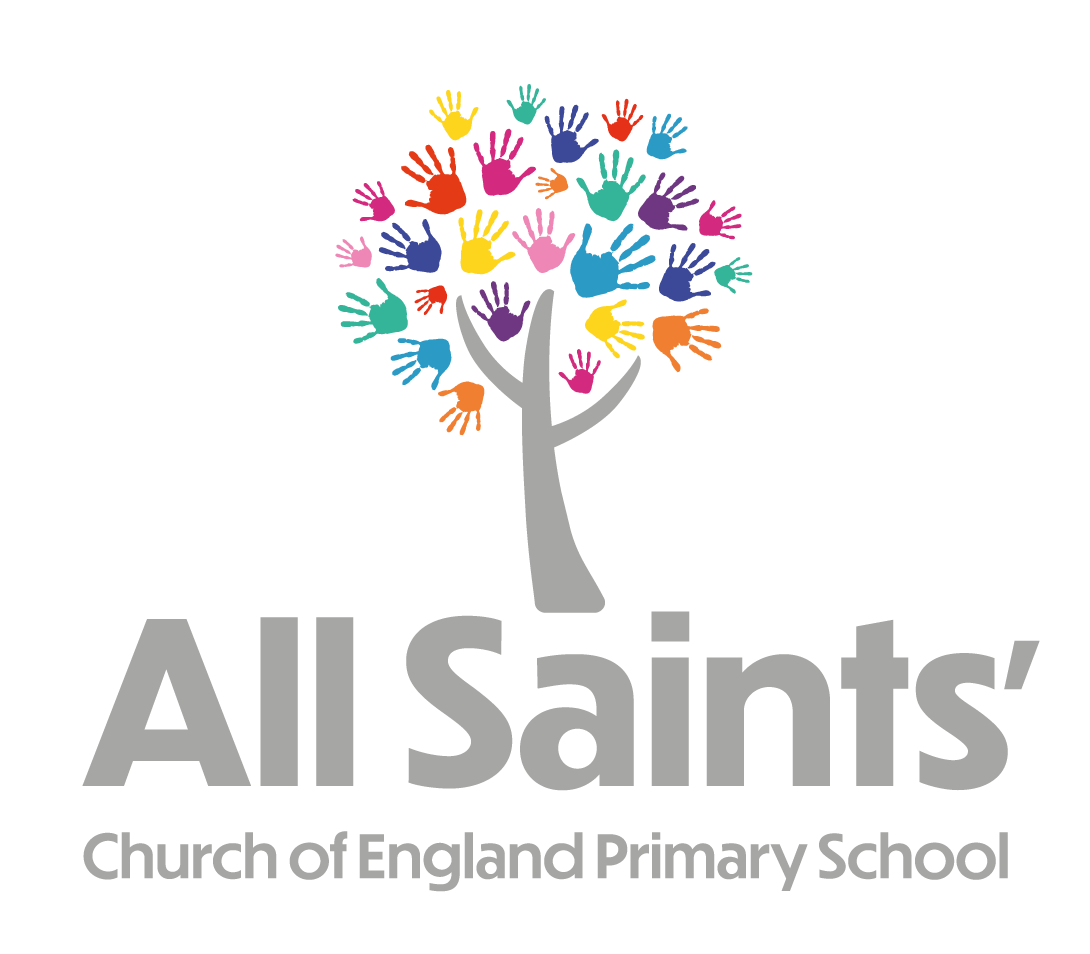Vocabulary
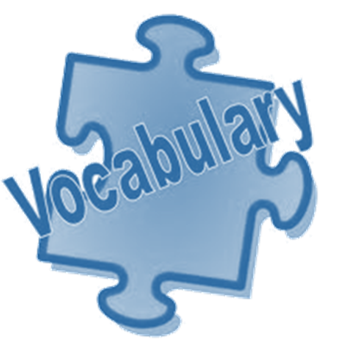
At All Saints' Primary, we understand the value of a varied vocabulary diet. According to research, this is key to academic success, employability and mental wellbeing and children’s long-term life chances are improved by acquiring a broad, rich and deep vocabulary. As a result, we have a whole-school approach to teaching vocabulary across the curriculum:

Here are just 5 examples of why we value vocabulary:
1. Attention to vocabulary in a consistent curriculum will result in an increase in a students’ verbal functioning. It's not enough to read books to our pupils that have a really rich vocabulary in them. They need direct instruction and how to take those words out of a book and apply them into their own lives.
2. In order for students to use and understand words in the context of reading and writing, it will require robust instruction. They require examples of those words; they require us to be thinking outside of just the context of a book.
3. “Students need to develop an interest in and an awareness of words in order to adequately build their vocabulary repertoires.” That quote comes from Beck, Mckeown, and Kukan from “Bringing Words to Life”. They really need to be interested in these words. They can't just hear them, they have to be interested in, build an awareness of them, and really understand them to be able to add them into their vocabulary banks.
4. Once they begin becoming interested in these words pupils begin to own words and apply them to all aspects of their daily lives. When you start teaching instruction in a very intentional way you’ll actually see and hear your pupils using the words. They’ll use them in their oral language when they're talking to their friends. They'll use them for writing as writers.
5. To teach vocabulary intentionally is to develop a lifelong love of words through lively and fun daily instruction with the pupils. Once you begin to teach vocabulary intentionally each week, students will begin to fall in love with these words and will only want to learn more.
Ways vocabulary is generated
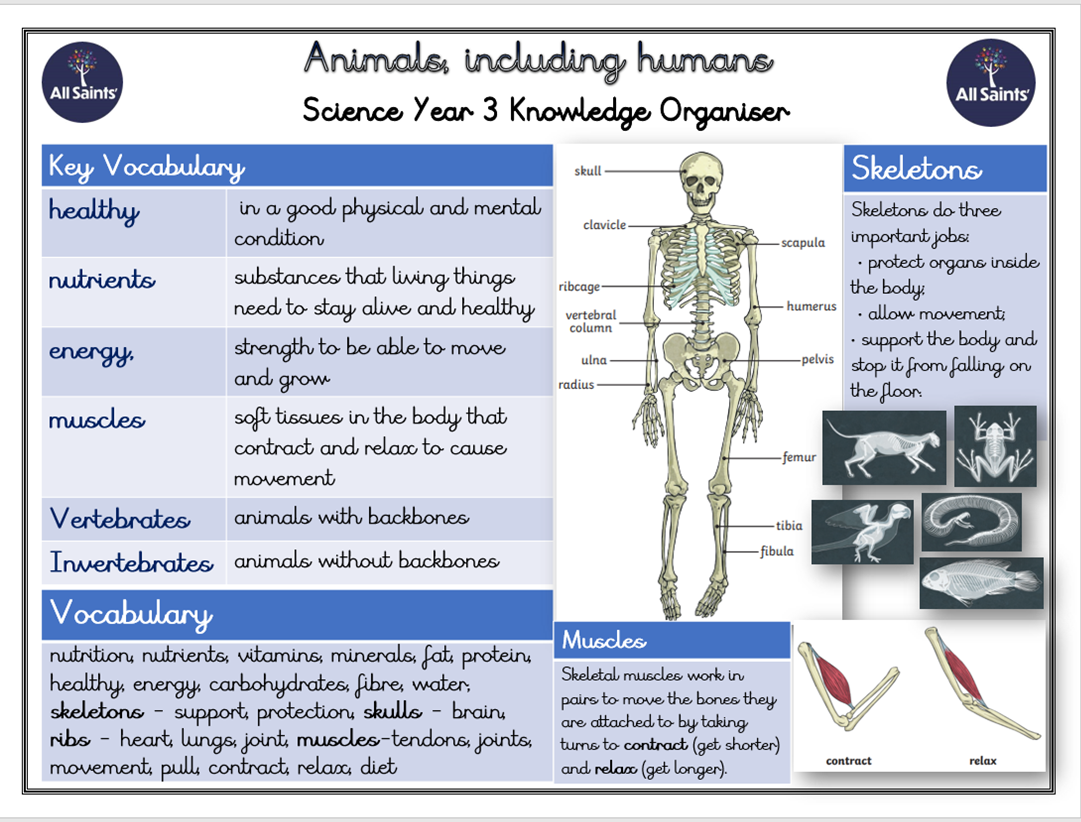
Topic Words
On classroom displays, vocabulary is presented alongside children’s learning, books and artefacts.
Knowledge Organisers include key vocabulary with definitions in a glossary. Specific opportunities are planned to introduce this vocabulary in context of the subject lesson and revisited through the feedback and feedforward stage of subsequent lessons.

Concept words
Key vocabulary linked to concepts is shared and revisited e.g., monarchy in history and enquiry in science. This is also on medium-term plans.

Implicit vocabulary
Teachers plan for implicit vocabulary teaching using lesson objectives as a starting point e.g. in science, an objective may be to identify and name a variety of common plants, including wild plants, garden plants and trees that are deciduous and evergreen.
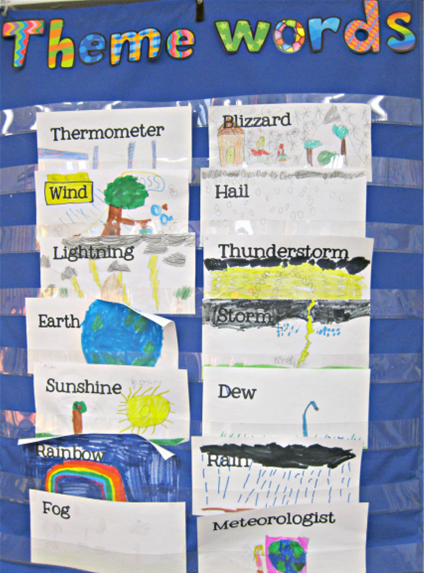
Theme Vocabulary
Themes of vocabulary are explored and links are made in subjects where relevant.
Early Language Development and Intervention
Oral language is key to a child's development. There is increasing evidence that these early skills make a real difference to later performance.
NELI Language Intervention
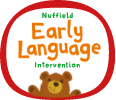
For child who experience early language difficulties, at All Saints' we provide the research based NELI (Nuffield Early Language Intervention). This is a 20-week programme proven to help young children overcome language difficulties. It is designed for children aged 4-5 years and combines small group work with one-to-one sessions delivered by trained teachers and key workers, targeting vocabulary, narrative skills, active listening and phonological awareness.
Developed by a team led by Maggie Snowling and Charles Hulme, the intervention has been evaluated in robust trials funded by the Education Endowment Foundation and the Nuffield Foundation. These have found it to be effective for improving children’s oral language skills as well as promoting longer-term progress in reading comprehension.
